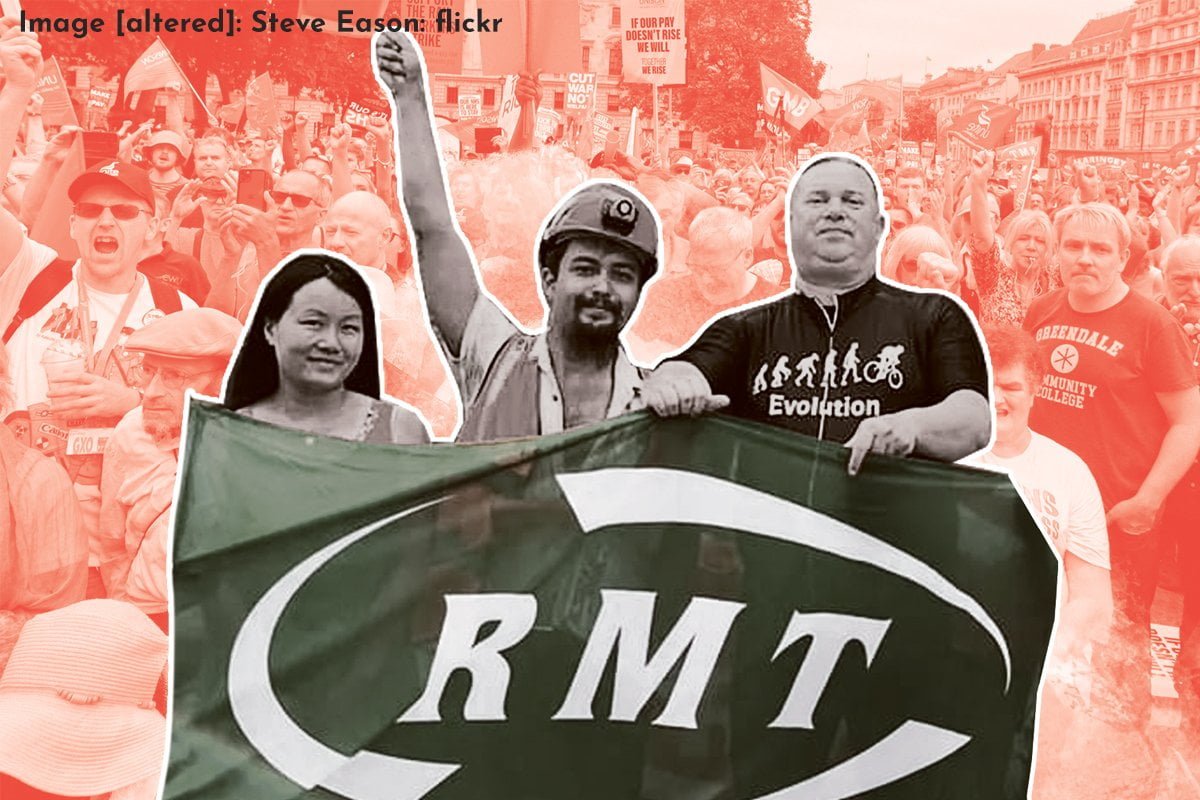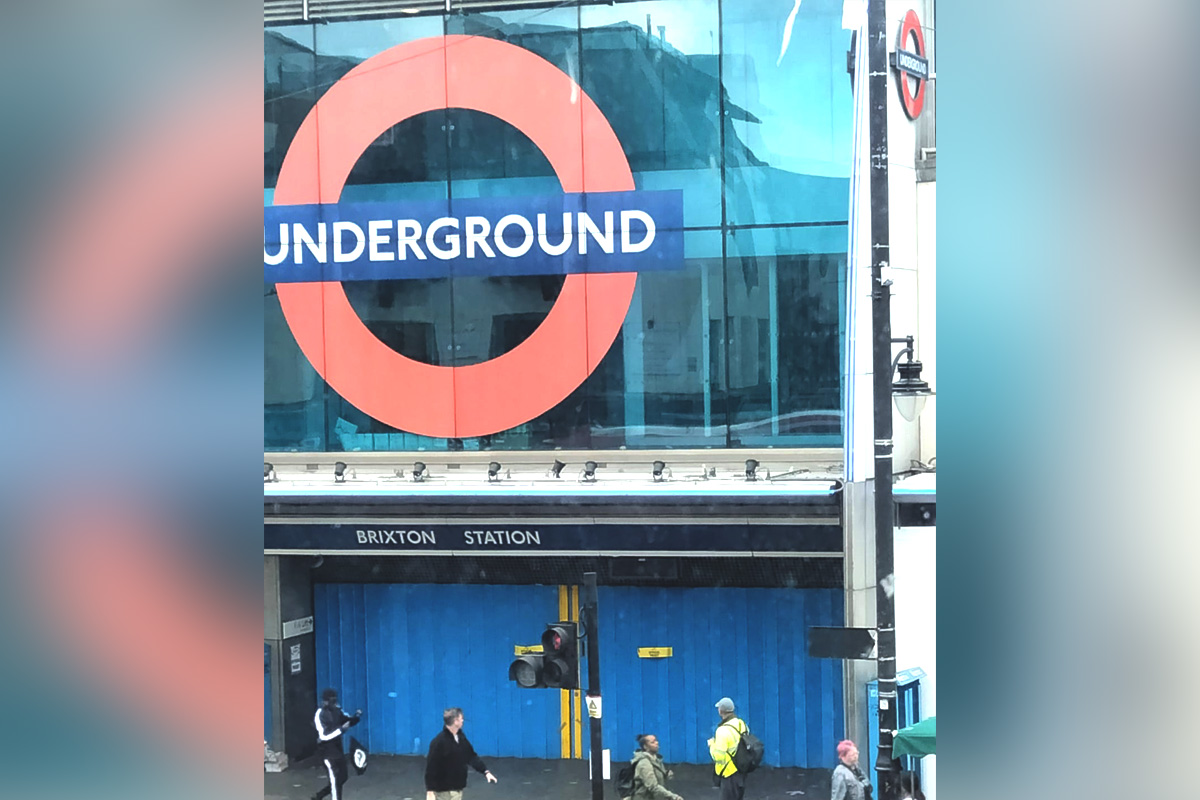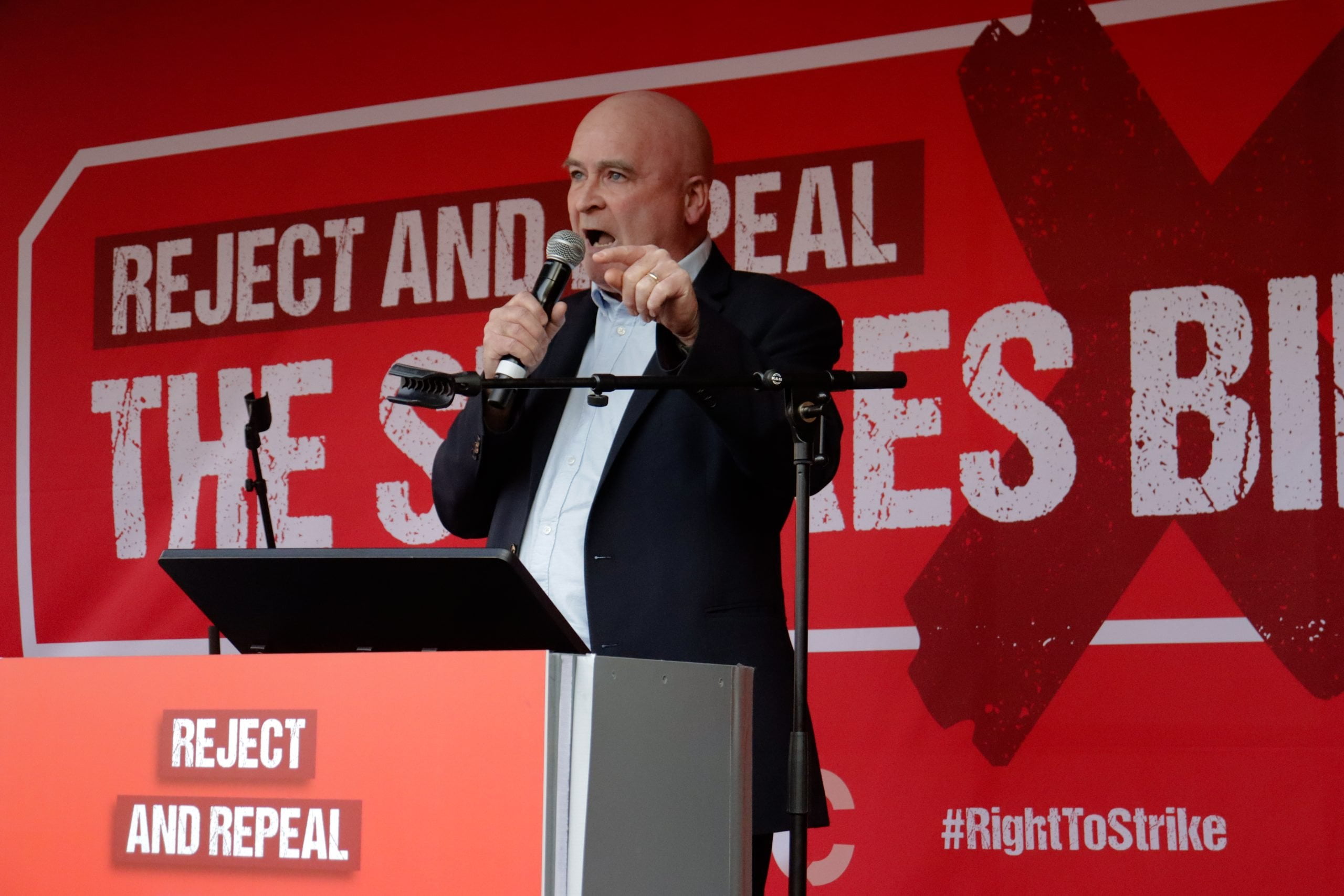RMT members at 14 train operating companies (TOCs) have voted to accept a 5% pay deal, with almost 90% voting for the offer on a 79% turnout.
This concludes an 18-month-long campaign of action, involving dozens of isolated days of action, and draws the curtain on the historic strike wave that began in Britain in the summer of 2022.
Rail workers – who were both the first to take to the picket lines, and the last to draw their struggle to a close – can be proud of their sustained action.
Jobs and conditions
Through this determined action, RMT members have successfully defended their jobs, pensions, and conditions – for now, at least.
This was an important factor in members’ acceptance of the latest deal. Previous offers from rail bosses had come with strings attached in terms of cuts and attacks. 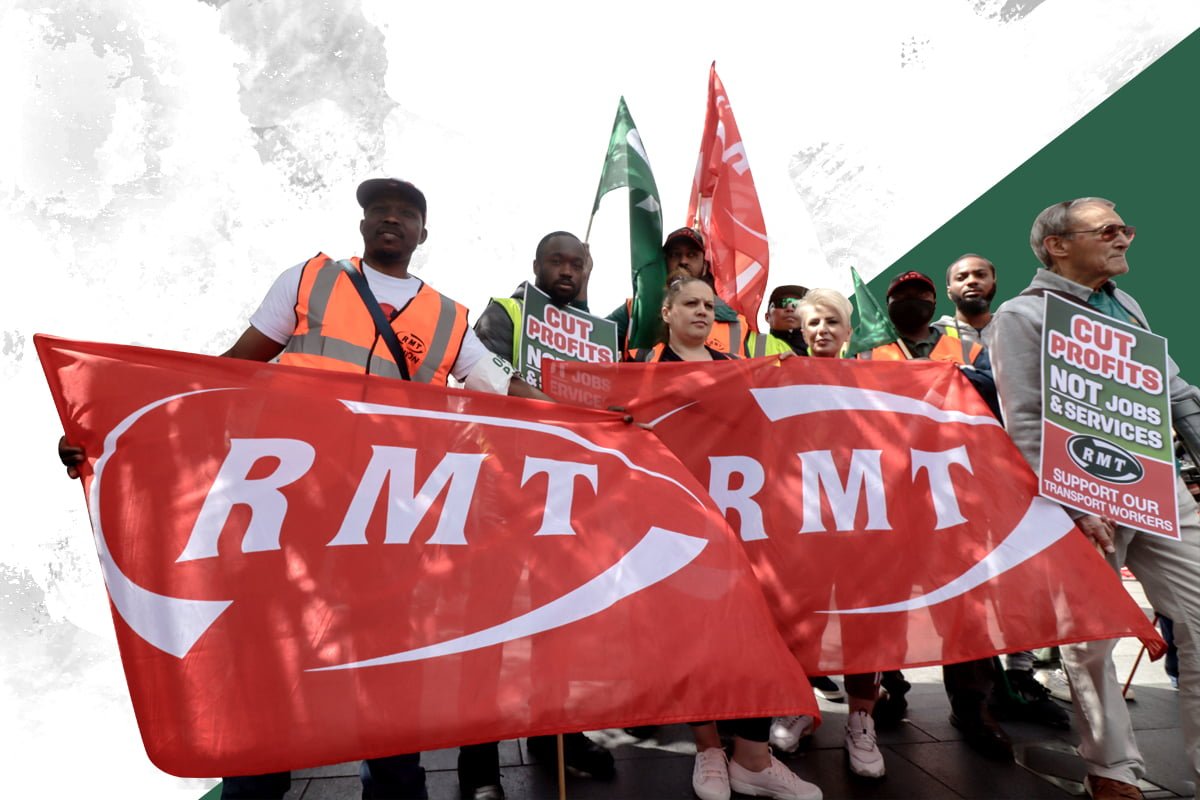
Many RMT members will nevertheless be disappointed with the pay component of this deal, which only scrapes back some of what workers have lost in recent years – both from striking, and from soaring food prices, rents, and bills.
This settlement, therefore, is only the first step.
‘Concrete’ negotiations?
Importantly, the employers’ workplace ‘reform’ agenda has not been halted, but will now be ‘concretised’ by each train operator.
Some in the union see this as a relative advantage compared to fighting a national dispute.
The argument put forward is that the RMT cannot win on pay nationally, as long as the Tories are interfering for political purposes. Similarly, it is said that the union cannot oppose proposals that have not yet been concretely presented by each operator.
Members should be cautious of the strategic conclusions that flow from this: to separately negotiate cuts with each individual train operating company.
It is true that TOC bosses would likely have folded far sooner without the Tory government underwriting over a billion pounds in lost revenue, in the hopes of crushing the RMT.
But whether the Department for Transport is involved or not, the TOCs are still private companies that seek to maximise their profits. And therefore, instead of investing to modernise Britain’s railways, which would cut into their short-term returns, they see no other option but to attack conditions, jobs, pensions, and pay.
Lessons from Network Rail
We have already seen this play out at Network Rail. The strike deal agreed in March this year supposedly had no strings attached. Negotiators said that cuts would be countered “through company processes” and by “raising safety concerns with the regulator”.
But without a strike mandate facing them, the bosses have opportunistically moved to steamroller through all manner of attacks.
At the same time, without Network Rail workers being involved – including signalling and electrical operators, who have the power to effectively shut down the railways – the strike against the TOCs was fundamentally weakened.
Rather than balkanising the strike into piecemeal negotiations with each company, therefore, the struggle needed to be broadened out.
The success of the campaign against ticket office closures – where the RMT appealed outwards to the whole labour movement, and to the broader public – shows what could have been possible.
Prepare for battle
In any event, this settlement does not end matters. Further attacks are coming, both from the employers and from the state.
These attacks will be national in scope, affecting not only the RMT, but the entire trade union movement; and they will be political – coordinated by a government that holds the interests of the profiteers at heart. They therefore require a similarly coordinated response.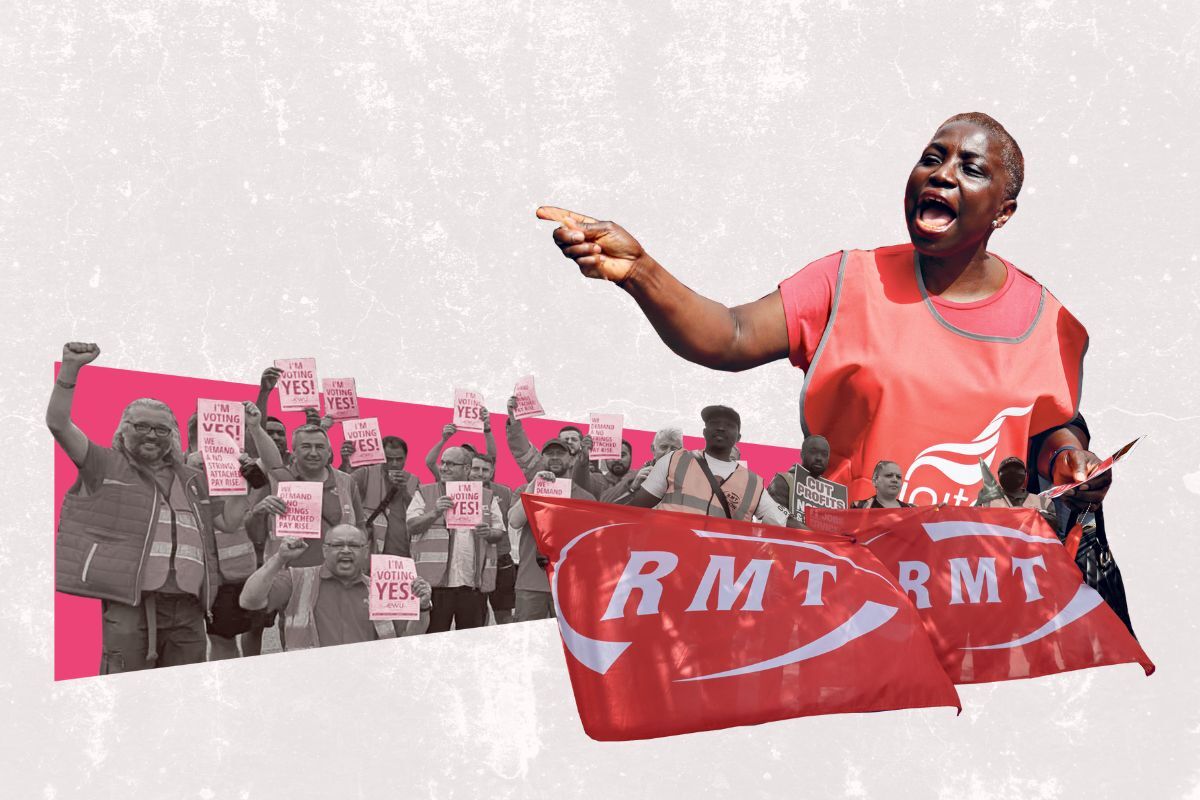
In particular, any future round of rail strikes will face the menace of minimum service rules.
The unions, including the RMT, will need to defy these bosses’ laws. This means coordinating militant strikes with sister unions, in order to defeat any attempt to force our members back to work.
The biggest strike wave since the 1980s has ebbed, for now. But the issues that led to it remain unresolved. And new battles are already brewing.
We must learn the lessons from this recent tsunami of action and brace ourselves for the next surge of struggle.
Rail workers: stay vigilant! Prepare for the next strike wave! Let’s defeat the anti-strike laws, defeat the Tories and the bosses, and fight for workers’ control across industry and public services!

